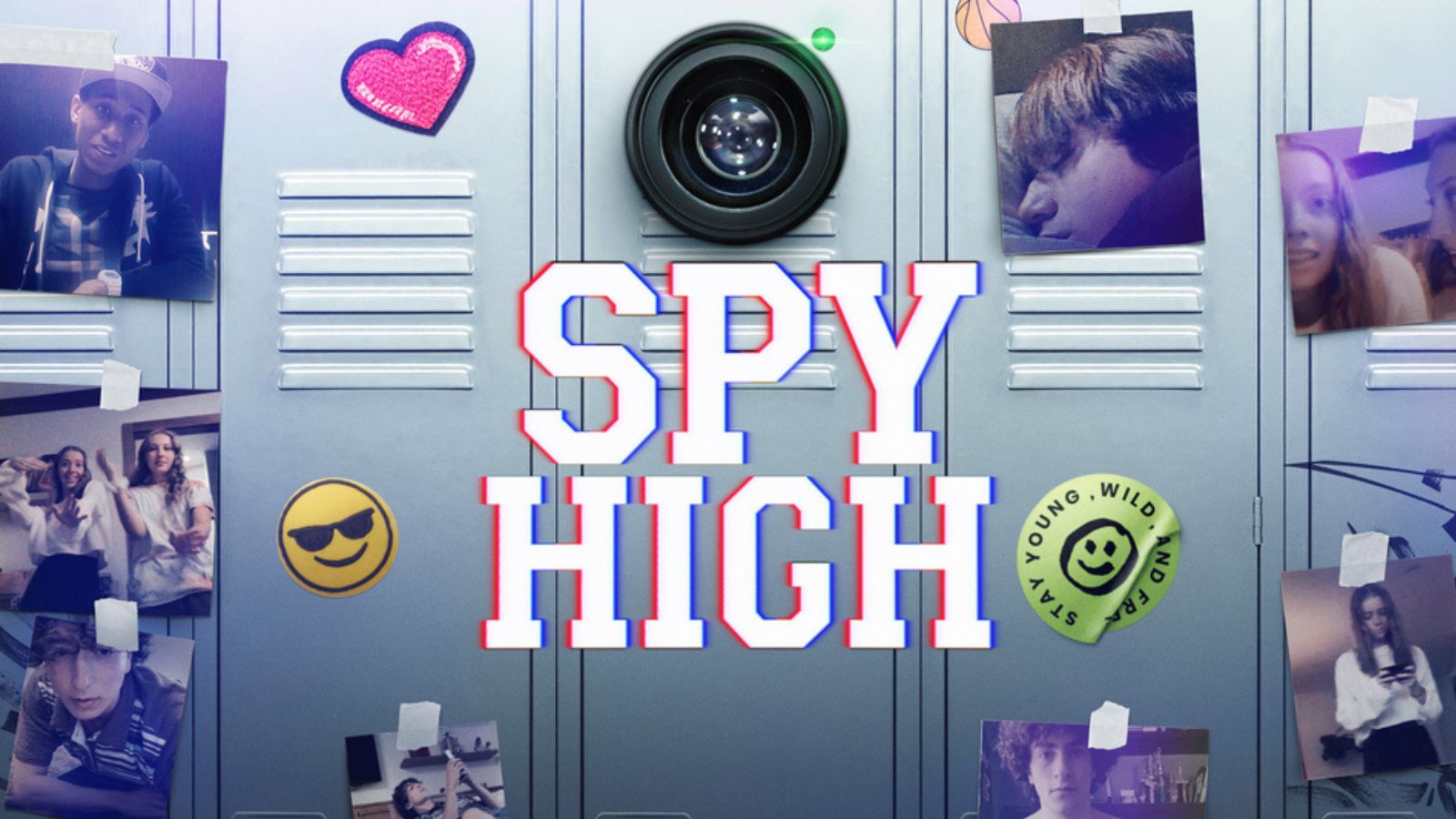
WhatsApp Puts Itself Aside from Apple’s Upcoming Photo-Scanning Plan
- Head of WhatsApp, Will Cathcart, has stated that they won’t be looking into people’s media files.
- This comes as a response to Apple’s controversial plans to introduce a backdoor on encrypted communications.
- Apple says they’re only doing this to protect children from abuse, but the practical problems go well beyond that.
Apple has announced an upcoming plan to introduce a system that aims to bring additional checks on the iCloud and iMessage products, scanning people’s uploaded media files for signs of child sexual abuse. The scanning will take place on the device without sending anything to Apple’s services, so the privacy of the people who don’t have anything to hide won’t be compromised - at least in theory. If something alarming is detected, the photos in question will be sent to human reviewers at Apple to determine if child abuse is indeed involved.
This has raised controversy and multiple calls to reconsider from privacy-protection organizations and advocates, as many fear that whatever the reason behind such a system and no matter how many protections and safeguards are in place, a backdoor is a backdoor, and a backdoor can be abused.
The latest entity to join the voices of opposition to this plan is WhatsApp, the popular IM platform, which promises not to adopt this system on the iOS app or any other platforms supported by the client. This is a strong statement based on the argument that Apple’s proposed system isn’t proven yet, so its security against all potential threats is doubtful.
WhatsApp’s head, Will Cathcart, fears that spyware developers who already find ways to snoop into fully-patched iPhones will just get one more backdoor to use, so the chances of people’s privacy being violated naturally increases. As the man further explains, the fact that Apple didn’t engage experts and didn’t discuss this with anyone in the community is highly problematic and makes this whole thing too opaque to trust.
Cryptography professor at Johns Hopkins, Matthew Green, has also raised his concerns about Apple’s approach and requested the company to publish its algorithms so that researchers can evaluate the security of the system and determine its resilience against abuse. However, Apple is extremely unlikely to do anything like that.
If Apple proceeds with the plan to introduce the snooping system that touches on encrypted communications, it will force instant messaging app developers on the iOS to decide which side they’re on. And knowing Apple and the strict control they want to have over the iOS ecosystem, each choice will come with its own set of perks or consequences.






